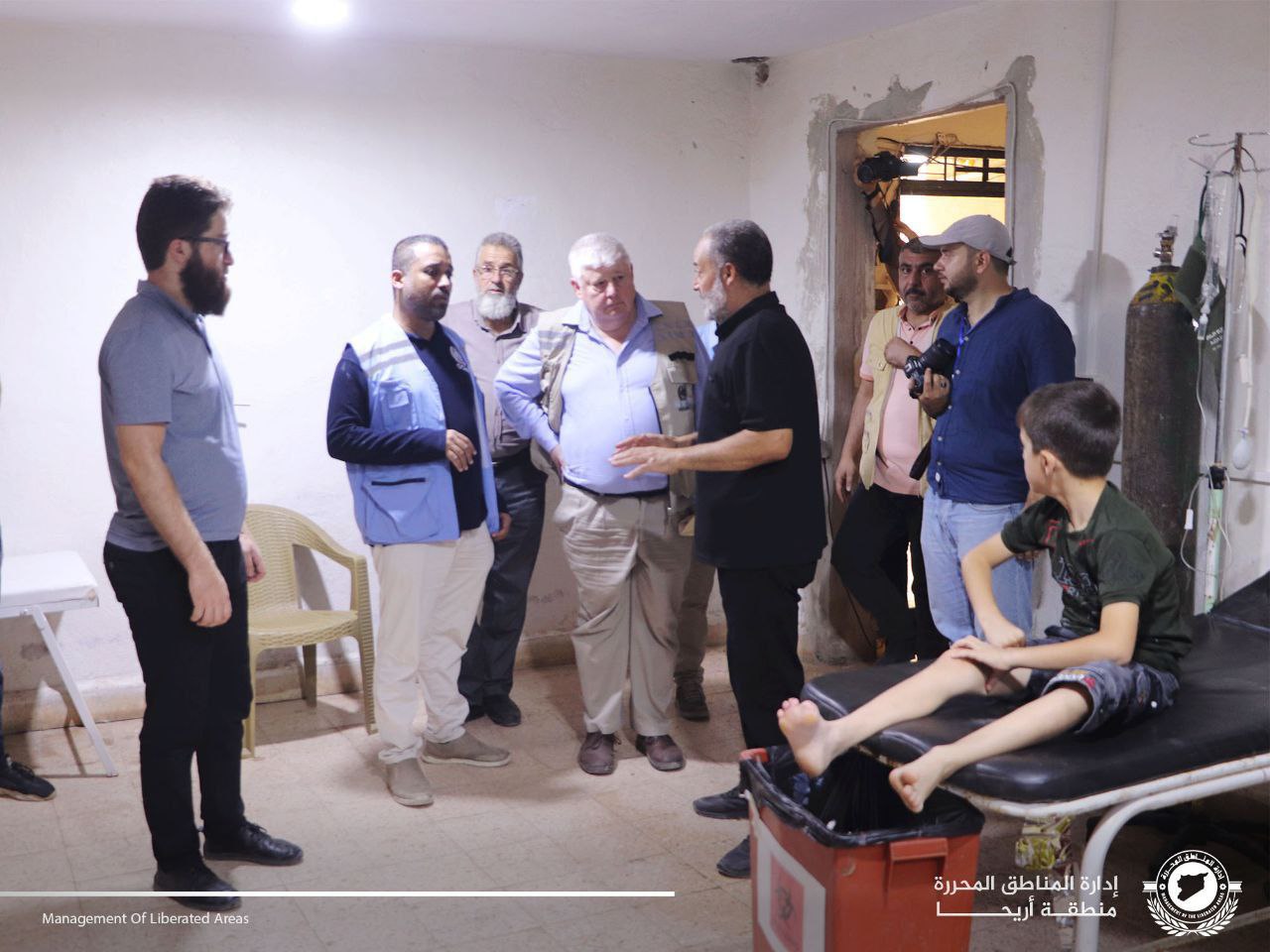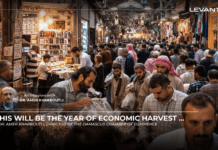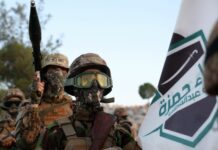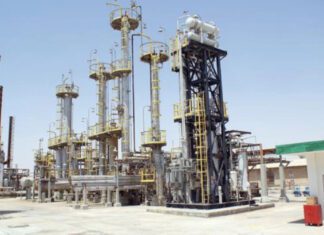
The Qatar Red Crescent and various UN agencies have recently completed significant visits to northern Syria, where they conducted comprehensive assessments to address the region’s urgent humanitarian and development needs. These efforts come amid ongoing challenges in the war-torn areas of Aleppo and Idlib governorates, where communities continue to grapple with the aftermath of conflict, displacement, and deteriorating living conditions.
The Qatar Red Crescent announced the launch of a multi-sectoral needs assessment across 146 villages in northern Syria. This assessment is part of an initiative aimed at developing more effective projects to enhance the living standards of local communities during the 2024-2025 period.
According to a statement from the Qatar Red Crescent, the assessment will provide “a comprehensive and updated picture” of the region’s most pressing humanitarian and development needs. The focus will be on 88 villages in Idlib and its countryside, along with 58 villages in the Aleppo countryside. These areas were selected based on a 2023 census from the United Nations Office for the Coordination of Humanitarian Affairs, with an emphasis on populations exceeding 5,000 people.
The multi-sectoral assessment is a continuation of the Qatar Red Crescent’s longstanding commitment to the region, where it has been implementing relief, development, health, and educational projects for several years. These include the construction of 14 residential villages for displaced Syrians, providing over 3,600 apartments, along with essential infrastructure such as water, electricity, sewage systems, and public facilities.
In parallel, a delegation from the World Health Organization (WHO) visited northwestern Syria, focusing on the ongoing scabies epidemic that has ravaged camps for internally displaced persons (IDPs). The delegation’s visit was part of a joint effort with local organizations to combat the outbreak, which has been exacerbated by overcrowded living conditions and limited access to healthcare.
The WHO’s recent survey highlighted a concerning increase in scabies cases, particularly in six areas of the Idlib countryside, home to over 4.2 million people, most of whom are women and children. The survey found that residents of these camps are seven times more likely to contract scabies due to the cramped conditions and inadequate treatment options.
To mitigate the spread, community health teams distributed hygiene kits and provided education on prevention measures. The WHO’s response is critical as more than 5,700 scabies cases were recorded last summer, with numbers expected to rise.
The Humanitarian Coordination Office (HAC) and the Syrian Salvation Government’s (SSG) Ariha Area Administration facilitated a mission by a UN delegation to the city of Ariha and Jabal Al-Zawiya, south of Idlib. The delegation’s visit aimed to assess the dire humanitarian and service conditions resulting from ongoing military aggression. They visited medical centers, water stations, and damaged infrastructure, including schools and bakeries, which have been heavily impacted by bombings.
During their visit, the UN officials met with residents and community leaders who described the continued targeting of civilian areas by military forces. The discussions underscored the urgent need for international support to rebuild infrastructure and provide essential services.
Both the Qatar Red Crescent and UN agencies have emphasized the importance of ongoing humanitarian efforts in northern Syria. As the region continues to face severe challenges, these assessments and interventions are crucial to ensuring that aid reaches those most in need and that long-term solutions are developed to improve living conditions for the displaced and affected populations.








